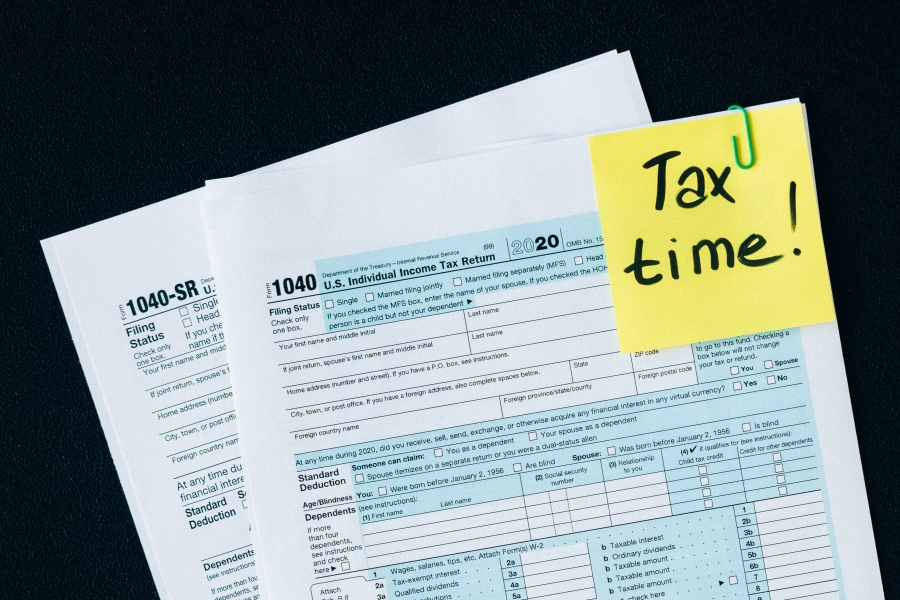Starting an online business might not be as easy as it sounds. You might think that all you need to do is launch your website and watch the money roll in. However, there is a lot more that goes into it than that. Starting an online business without understanding the tax implications of your business can lead to you not only facing some heavy fines but also facing trouble with the IRS.
This career advice will look into the different taxes you will have to pay as well as the different tax implications of your business.
1. Types of taxes and tax implications.
There are many different types of taxes, each with its own implications. For example, income taxes are imposed on individuals or businesses based on their income. Sales taxes are levied on the sale of goods and services. Property taxes are charged on the ownership of real estate or other property. And Excise taxes are levied on the manufacture, sale, or consumption of certain goods and services.
Each type of tax has its own rules and regulations, and it is important to be familiar with these before filing your taxes. Failure to comply with the tax laws can result in penalties, interest, and even jail time. So it's important to consult with a tax professional if you have any questions or concerns.
2. What will the business or other entity you work for the report to IRS?
There are a few things that businesses or other entities will have to report to the IRS. This includes things like employee wages, taxes, and other financial information. This information is important for the IRS to have so that they can properly tax businesses and individuals.
3. How does your business have to report taxes?
There are a number of different tax reporting requirements that businesses have to meet, depending on the type of business and the jurisdiction in which they operate. In general, businesses have to file income tax returns and pay taxes on their profits. They may also have to pay other taxes, such as payroll taxes, sales taxes, and property taxes.
Depending on the business, there may be other tax reporting requirements as well. For example, businesses that sell products may have to file excise tax returns, and businesses that engage in international trade may have to file customs declarations.
4. What does your business have to report for each accounting period?
Your business has to report a variety of financial information for each accounting period. This includes your income, expenses, profits, losses, and any other relevant financial data. This information is important for both your internal financial planning and for complying with any external reporting requirements.
5. Specific taxes for small businesses.
There are a number of specific taxes that small businesses must pay in order to operate legally. These include income taxes, self-employment taxes, and payroll taxes. Depending on the business structure, there may also be state and local taxes that apply. Income taxes are levied on the profits of a business, and self-employment taxes are assessed on the earnings of sole proprietors and partners.
Payroll taxes are imposed on the wages paid to employees, and employers must also pay a portion of these taxes. State and local taxes can vary depending on the location of the business. Some states and municipalities charge a sales tax, while others may impose a property tax or business license tax.
Small businesses must carefully track all of these taxes in order to ensure compliance. Failure to pay any of these taxes can result in significant penalties, including fines and interest charges.
Conclusion:
It is essential to understand the importance of learning about taxes when you start up a
company. There are many new businesses that do not take the time to understand the
tax laws that apply to their business, and those are the ones that typically pay the price
for it. We highly recommend that you visit our website to learn more about taxes and how to handle them. When you take the time to visit InQuick. You can learn all
about how to handle taxes properly and how to get your business on the right track to
make a profit.



